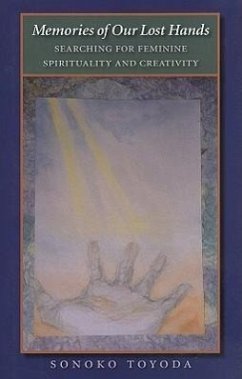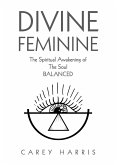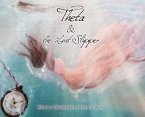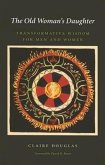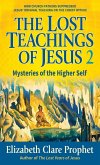Hands are our creative contact point with the world. To Jungian analyst Sonoko Toyoda, they represent feminine spirituality and offers a way to achieve wholeness, in women and men alike. But in the contemporary world, many women have lost the wisdom their hands represent and now must recover the memory of them. Through a traditional story told by the Grimm brothers and similar folk tales from around the world, Toyoda explores the ancient meaning of a woman's hands and the wound of losing them. In the details of these stories she finds common threats to feminine independence and creativity and hopeful clues for how these qualities can be regained. She considers, as well, cultural variations in the tales and how the tasks of spiritual wholeness differ for women in Japan and the West. Turning to the biographics of two prominent women artists--Frida Kahlo and Camille Claudel--she discovers similar themes played out in two historical lives. In these women's relationships with their fathers, brothers, and lovers, she considers further the sources of spiritual wounding. In both paintings and sculptures, Toyoda examines what feminine creativity is. For today's world, the cult of the Black Virgin in Europe and that of the Senju Kannon (bodhisattva) in Japan represent remnants of feminine spirituality. Toyoda looks at these to discover universality before considering through stories of her own analysands how clinical work can help individuals claim their own feminine spirituality. Through her sensitive, insightful, and creative book, Toyoda evokes the memory of women's lost hands to help recover them.
Bitte wählen Sie Ihr Anliegen aus.
Rechnungen
Retourenschein anfordern
Bestellstatus
Storno

